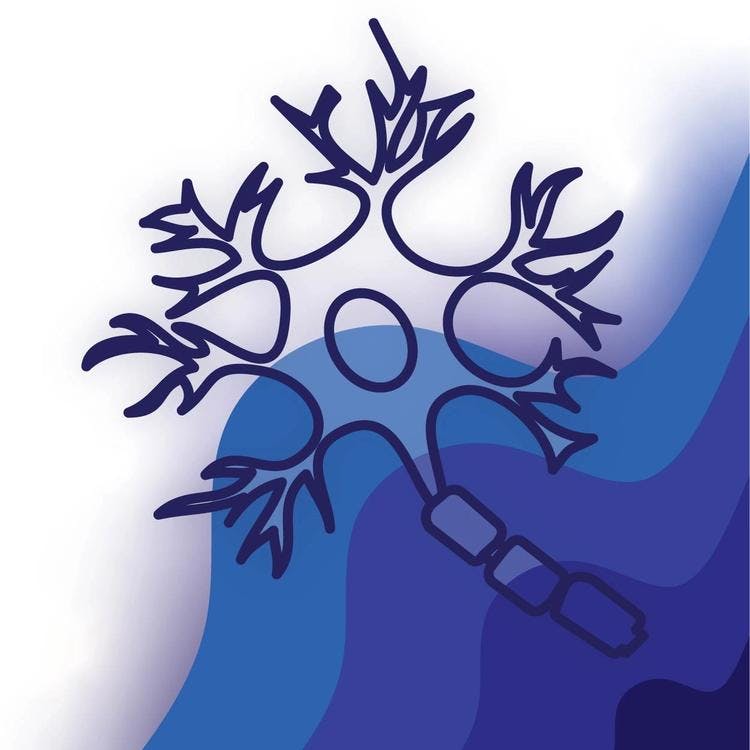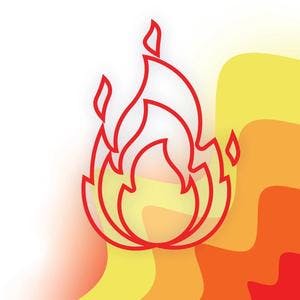Epilepsy is a neurological disorder that is characterised by seizures. It is usually diagnosed after someone has had at least two seizures not related to another known medical condition, 24 hours apart. The seizures differ in type, severity and control from person to person.
Epilepsy can affect anyone at any age, but it usually begins before the age of 20. It is not contagious and is a medical condition just like asthma and diabetes.
What causes epilepsy
The cause of epilepsy is unknown in many people. Sometimes, it can be related to:
- head injury
- infection of the brain
- lesions in the brain of different causes
- family history of epilepsy
What triggers seizures in epilepsy?
Certain people find that certain situations can affect their seizures. Some examples of these triggers are:
- missing or stopping anti-epileptic medications
- not getting enough sleep
- stress
- other illnesses
- flashing lights
- menstrual cycles or other hormonal changes
- alcohol or drug use
Types of seizures
There are many types of seizures with different names. Below are some common types of seizures and what they are characterised by:
Generalized Onset - Tonic-Clonic (Grand Mal)
Convulsions, rigid muscles, jerking; typically lasts 1 to 3 minutes and followed by a period of confusion.
Generalized Onset - Absence (Petit Mal)
A blank stare lasting only a few seconds; sometimes with blinking or chewing motions. If your child loses concentration in class or while you speak to them, it may be that they have this form of epilepsy.
Focal Onset - Impaired Awareness (Complex Partial) – Staring and dazed facial expression. The person is not aware of what is going on or will not remember. The person may perform repetitive random movements and may not be able to talk normally. This typically lasts 1 or 2 minutes and may be followed by confusion.
Focal Onset - Aware (Simple Partial)
Jerking in one or more parts of the body or sensory or perceptual changes that may or may not be obvious to onlookers. The person is aware of what occurs during the seizure.
Atonic (Drop Attacks)
Sudden collapse with recovery within a minute.
Myoclonic
Sudden, brief, massive jerks involving all or part of the body.
What to do about triggers
If you can identify triggers that are related to you or someone else experiencing seizures. You can:
- share your observations with your healthcare provider
- continue taking your prescribed medications
- limit alcohol use
- keep a regular sleep pattern
- drink plenty of fluids and stay hydrated
- follow a healthy diet
- adopt healthy stress management strategies
- keep a diary of the seizures: when they happen, how long they lasted and how many times in a year you get them, to track your progress.
How to help someone having a seizure
Ensure that the person having a seizure is in a safe environment, particularly avoiding any sources heat such as hot stoves or fires. Lay them on their side and allow the seizure to end. Try and record how long they are fitting for. Make sure they get to a hospital as soon as possible, especially if the seizure does not end.
How is epilepsy treated
Epilepsy is managed with medications and other treatment modalities that are aimed to prevent seizures, called anticonvulsant treatment. These are prescribed by a licensed healthcare provider at your nearest clinic or hospital.
It is important that those with epilepsy regularly take their medication, as missed doses may result in seizures.

